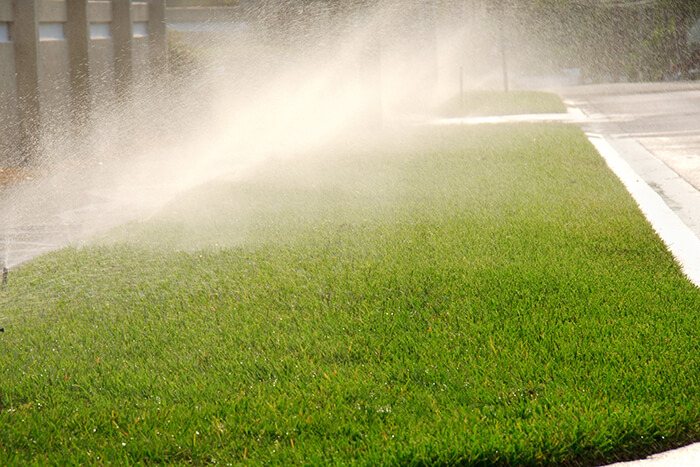For California, a mixed bag of results on irrigation regulation has occurred with the signature of Assembly Bill 1572 into law by California Governor Gavin Newsom, while Assembly Bill 1573 was ordered to the inactive file by the state’s Senate.
The two bills each had different aims to address conservation measures in California and targeted various irrigation methods as a means of advancing that effort.
AB1573 was ordered to inactive file at the request of Sen. Henry Stern, D-California, in early September. The Irrigation Association, Fairfax, Virginia, published a letter in June that expressed deep concern with the bill.
The legislation would have prohibited the use of traditional overhead sprinklers, defined as including ”spray sprinkler nozzles with application rate greater than 1.0 inch per hour,” in new or rehabilitated landscapes. Additionally, the bill would’ve mandated the use of “water-efficient irrigation devices” in those spaces.
“We applaud the California Senate for not passing the ill-advised AB1573 prior to adjourning,” says Nathan Bowen, vice president of advocacy and public affairs for the association. “The proposed legislation included overly proscriptive product standards that were not based on solid science and real-world data. We are committed to working with our partners and other stakeholders in the state to promote enhanced efficiency through collaborative mechanisms that bring together experts and stakeholders and that provide processes to continually reevaluate decisions based on new technology.”
AB1572, which goes into effect beginning Jan. 1, 2024, targets certain uses of potable water used to irrigate nonfunctional turf. That includes turf located within street rights-of-way and parking lots, according to the bill.
“The legislation’s ban on nonfunctional turf in certain circumstances will have big ramifications for the irrigation and landscape sectors in the state,” says Bowen. “How the law is implemented and how it intersects with the California Water Resources Control Board’s proposed regulations will be a key priority for the IA moving forward.”





